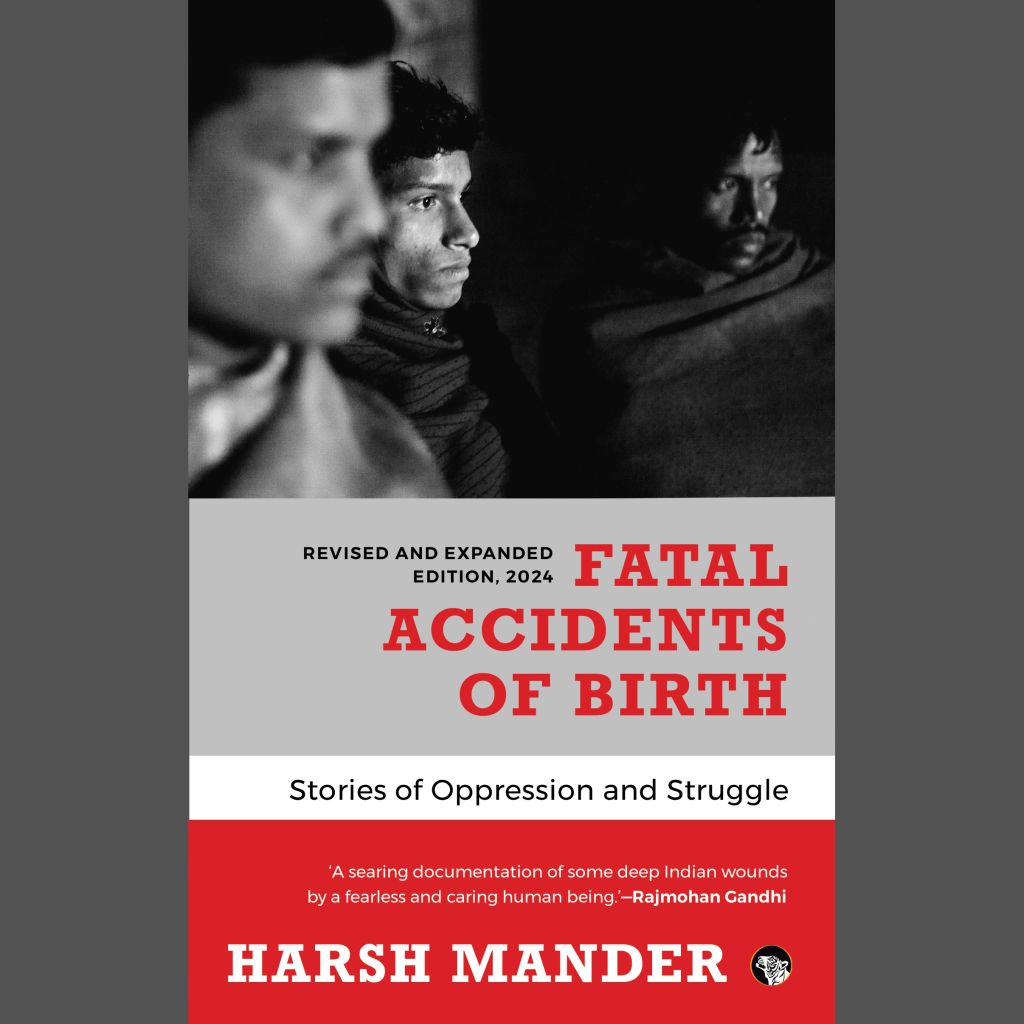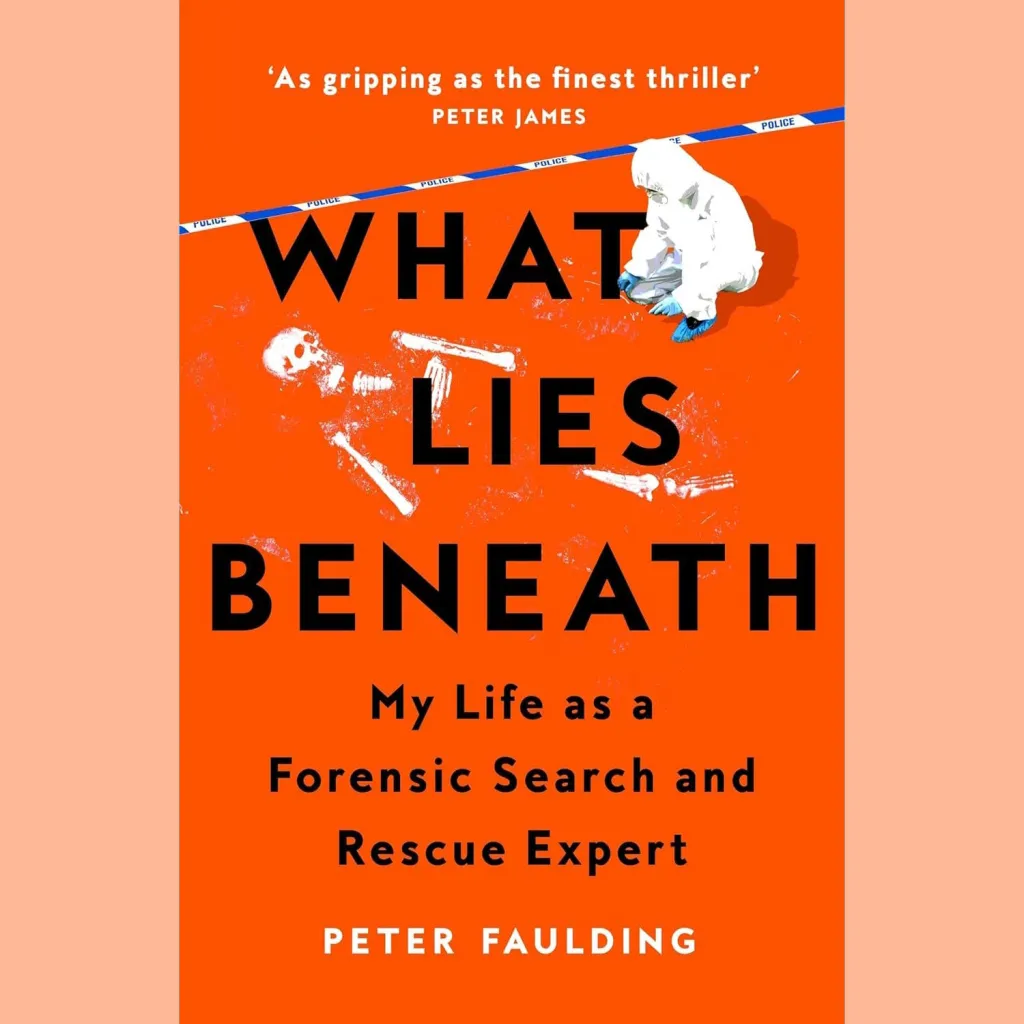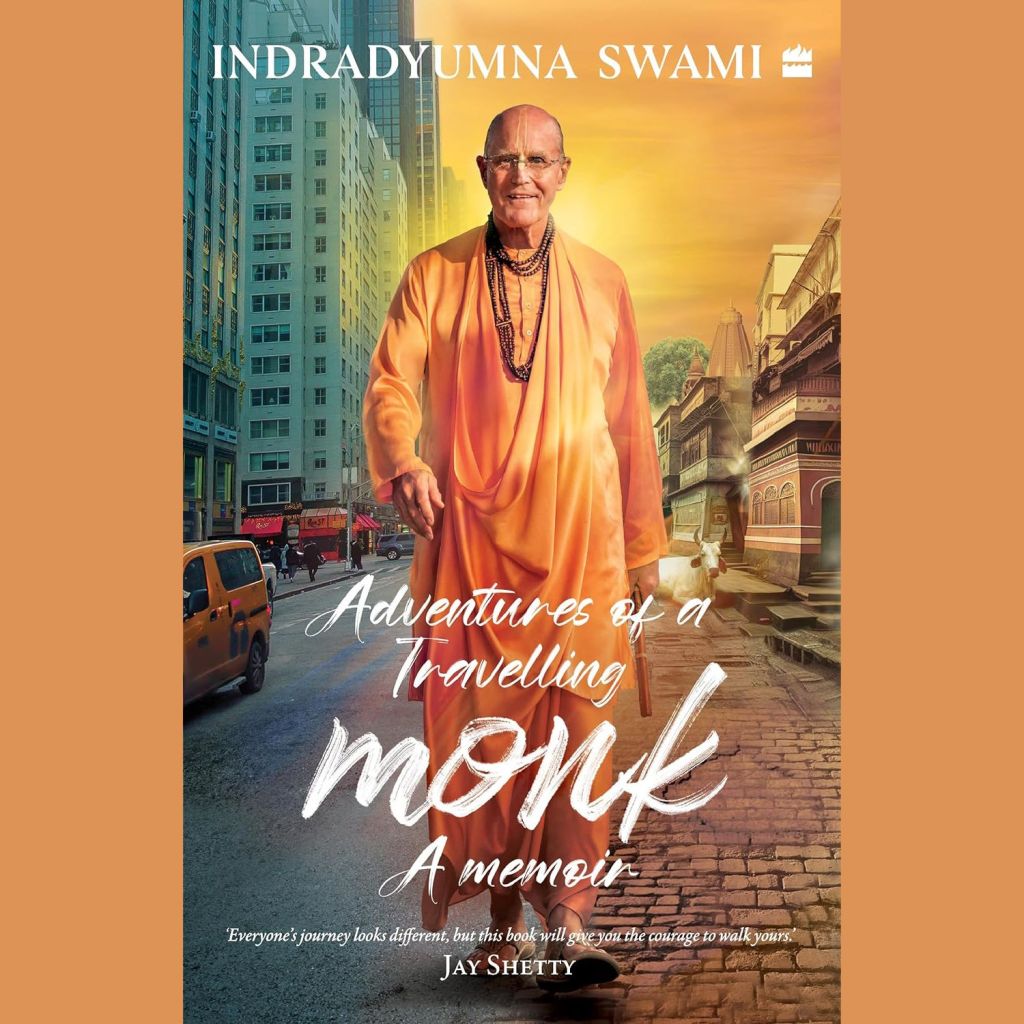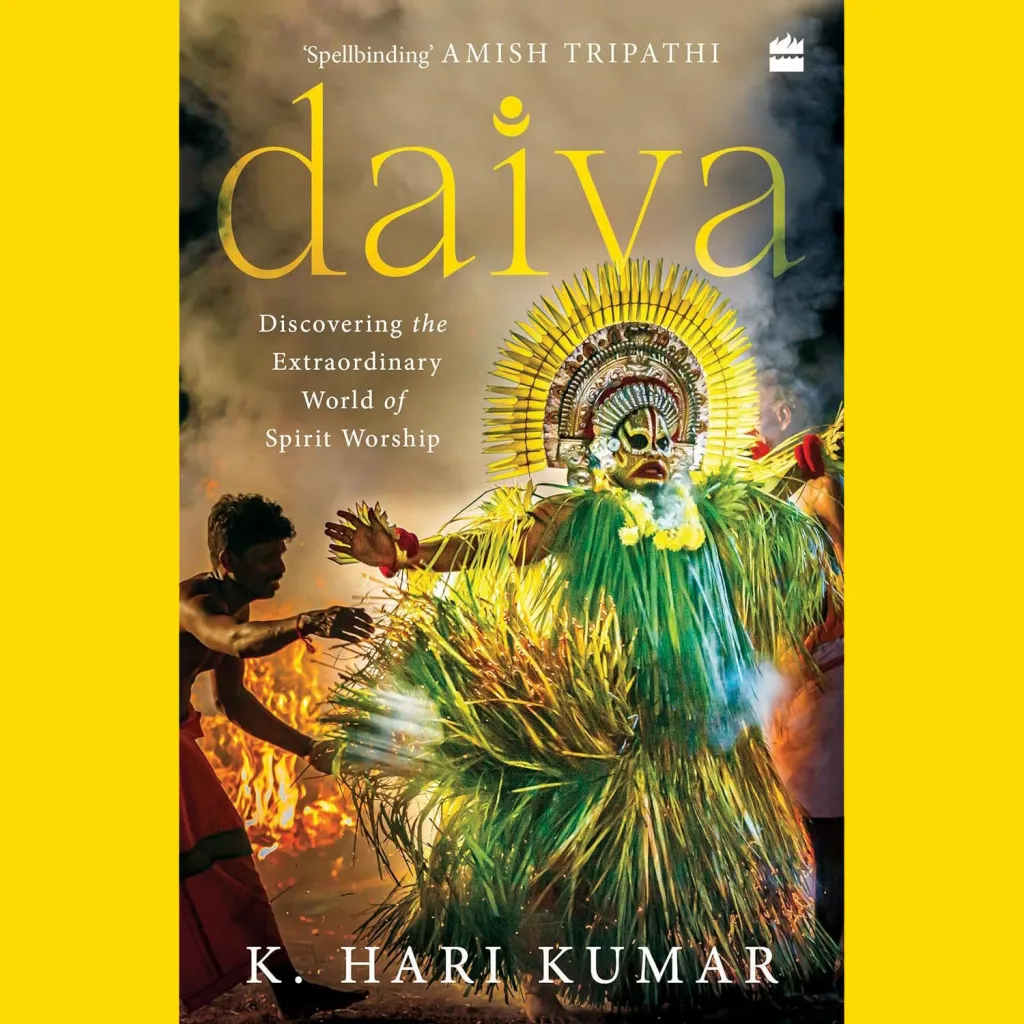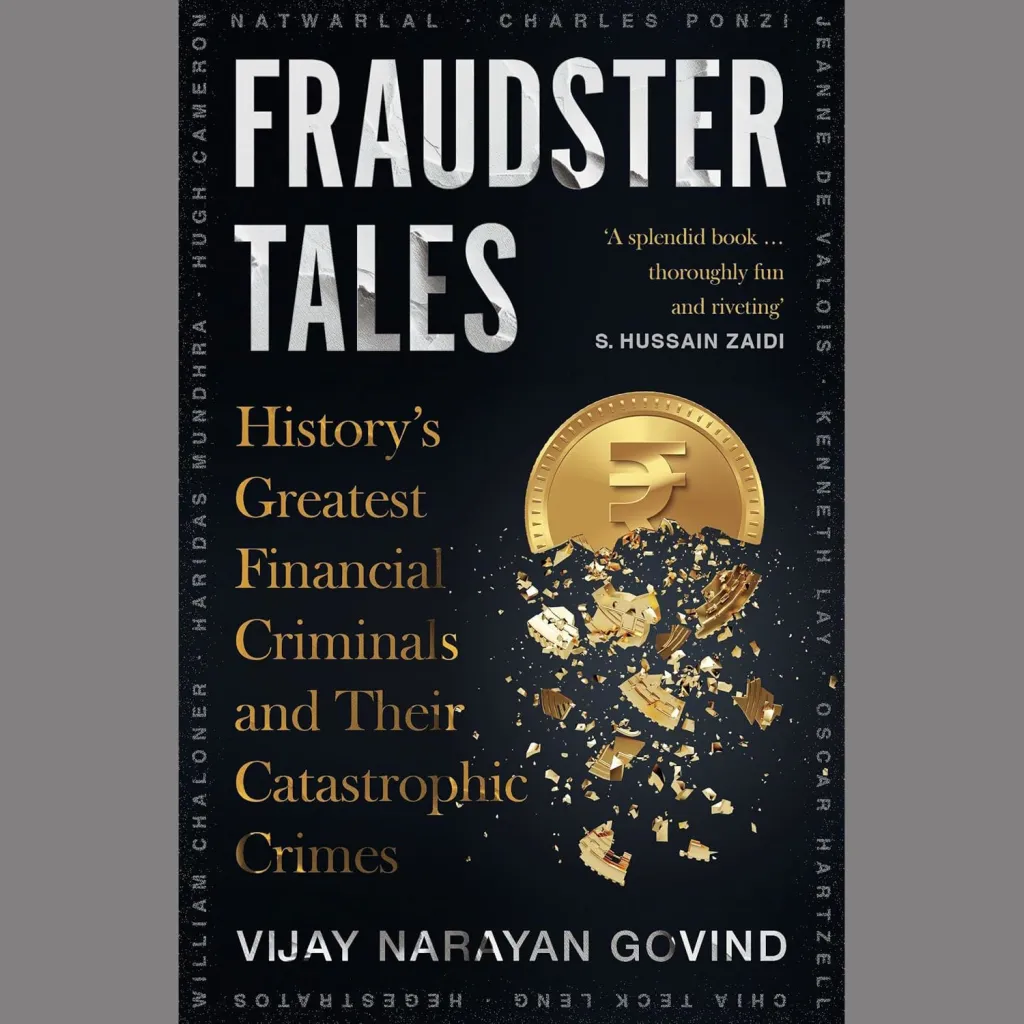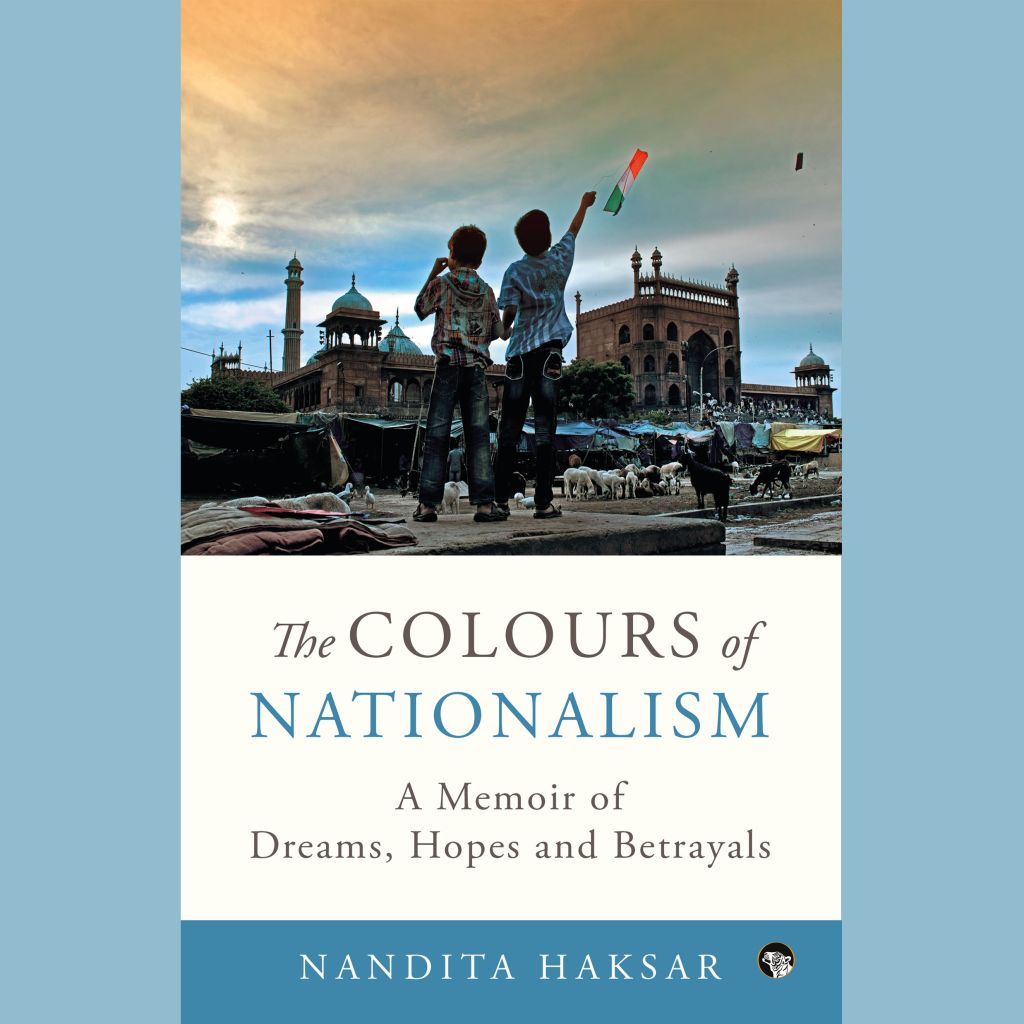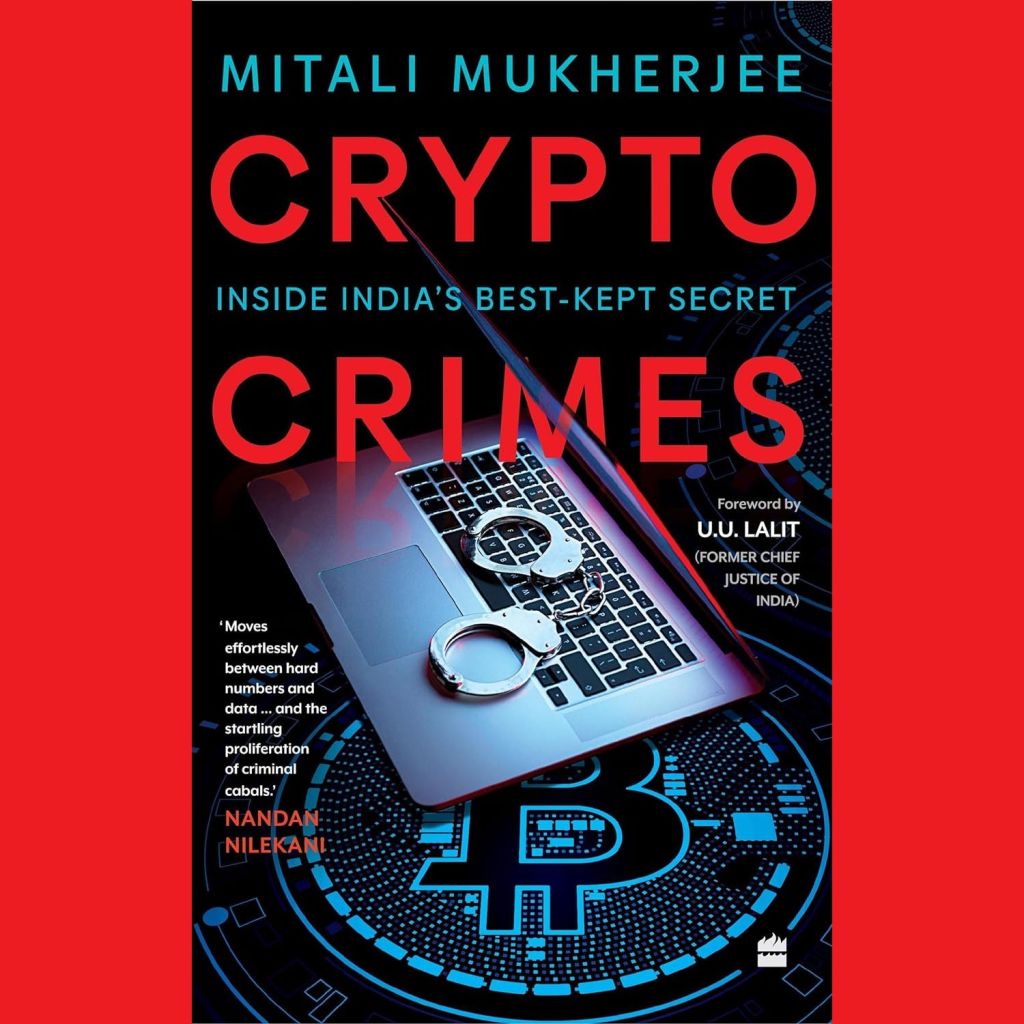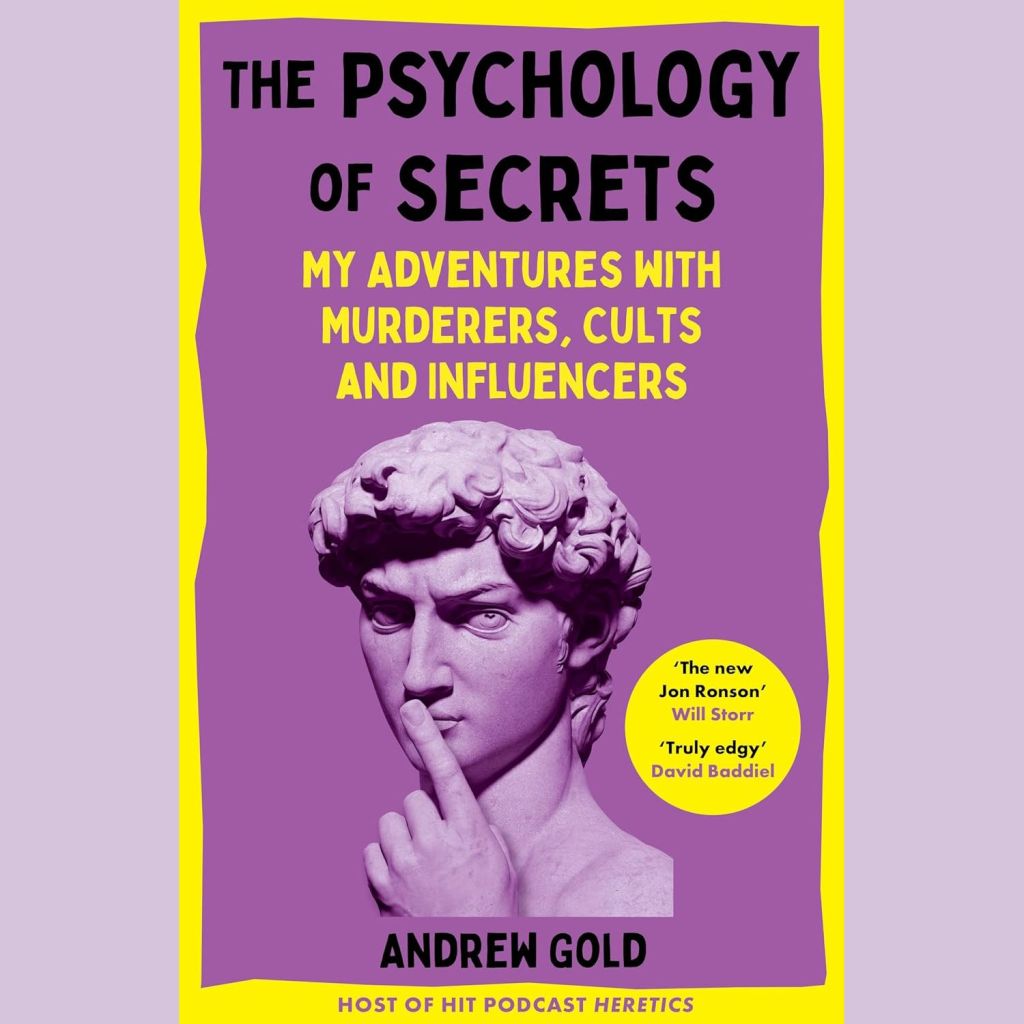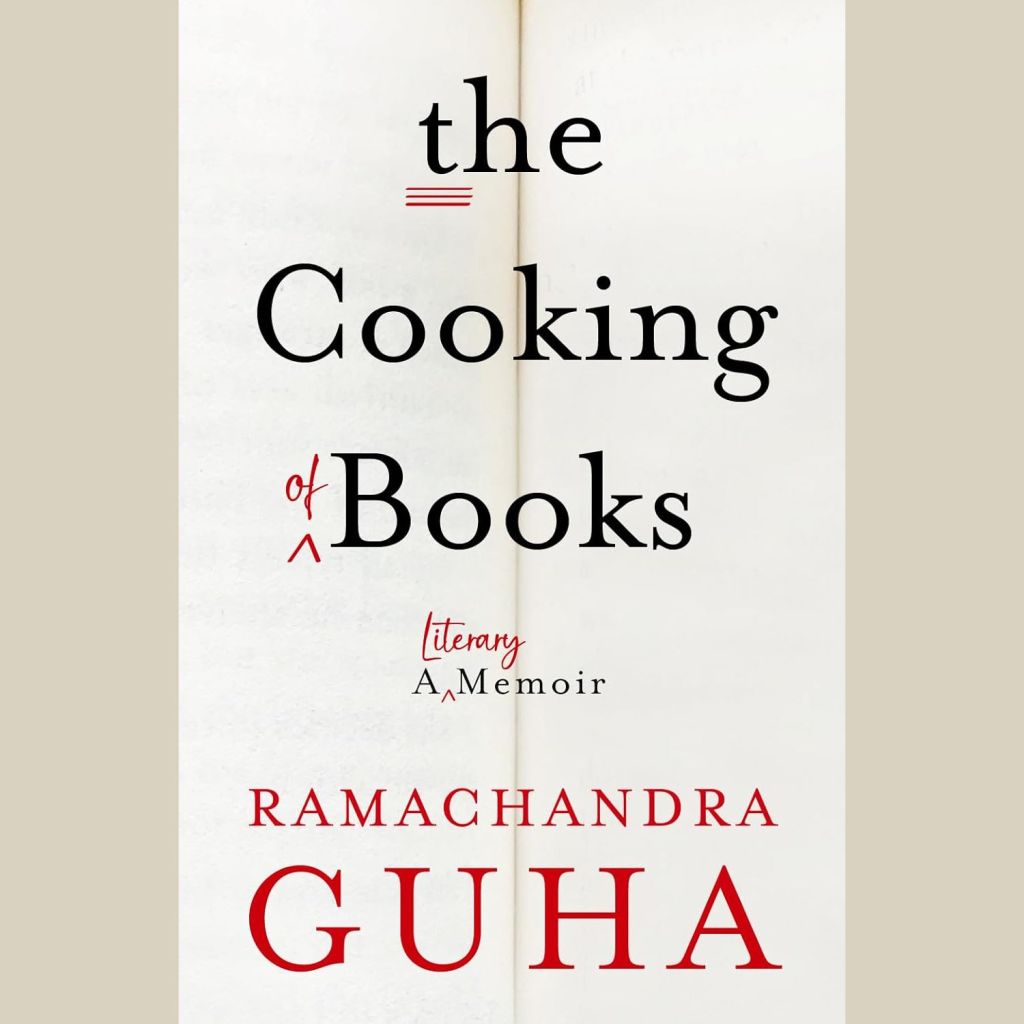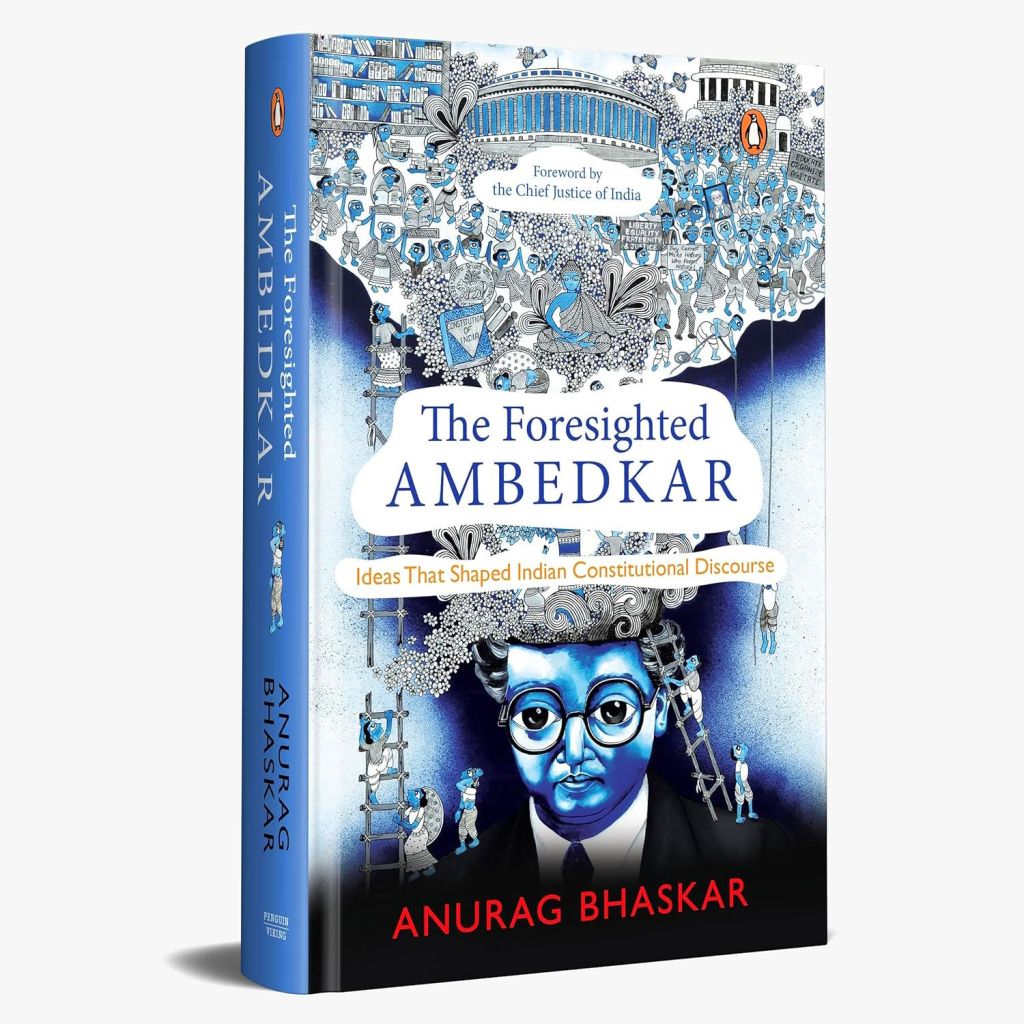New Delhi-based Prerna Kalbag has a Master’s degree in Literary Arts from Ambedkar University and a postgraduate diploma in International Human Rights, Humanitarian and Refugee Laws. She works in the education management industry and is a writer; her short stories, essays, poetry, and reviews have been published in leading magazines and literary journals. She is multilingual and can speak, read and write Hindi, Urdu and Tamil (in addition to English, of course..), and she is currently learning Persian/Farsi as well. Here, she talks about her interest in Urdu and Persian literature, Iranian cinema and some of the most memorable books she’d read in recent years.
You are multilingual. Tell us about your interest in languages? How did you get interested in learning to read and write Urdu? For someone based in Delhi, how difficult is it to find a good teacher who can teach one to read and write Urdu?
I have a mixed-ethnicity background, and as a child I happened to live in multiple cities. Whenever I moved to a new place, I needed to learn a new language, and it was something that I did with ease. Over time, I realized that learning a language was like gaining access to a culture, and every culture was so rich and had so much to offer. It also helped that I was an avid reader who liked reading untranslated literature.
I was always very interested in learning, reading, and speaking Urdu. I love its linguistic flourish and flamboyant style. Every word uttered in Rekhta oozes charm and grace. In Delhi, we have the amazing Urdu Academy that conducts regular classes for learners at all levels. Rekhta also has some good resources – both physical books and online dictionaries and excerpts – that can help new learners.
Do you read books in Urdu? Urdu literature / poetry? Any particular books written in Urdu, which you particularly like? Any favourite authors, who write in Urdu? What do you think can be done to encourage more widespread use of Urdu, and its inclusion as an optional language in mainstream schools?
I think we read so much translated literature – at least those of us who belong to the urban Indian milieu that exclusively speaks English – that we don’t realize how rich and beautiful classics in their original languages can be. I’m thinking of Umrao Jaan by Mirza Hadi Ruswa, Yadgar-e-Ghalib (Ghalib’s biography) by Altaf Hussain Hali, Divan-i-Ghalib, and Kulliyat-i-Sauda, the collected works by Mirza Rafi Sauda.
Recently, I came across a copy of Nashtar, which is itself an Urdu translation of a Persian classic by Hassan Shah and was also translated into English by Qurratulain Hyder as The Nautch Girl. It is an excellent depiction of Indian civilians and English officers in late eighteenth century India and describes the intertwined nature of Indo-Mughal-English culture. And I think that is what is beautiful about reading a single piece of literature in several languages; you can see how the flavour of one language carries on into the other.
I think it’s important for children to be exposed to literary works in their native languages. It’s great to learn French, Spanish, German etc., but it’s more important to explore and dive into languages that have shaped the landscapes that we inhabit today. Even metropolitan cities like Delhi and Bombay were not built in a cultural vacuum. We need programs in schools that teach children Indian languages and explore the connections between those languages and the so-called modern India of today.
One aspect of being multilingual is that a lot of what I speak on an everyday basis is an amalgamation of several languages! I have a tendency to resort to many Urdu words and pronunciations while speaking Hindustani, and I mostly get positive reactions from people. Some friends and acquaintances do find it a tad strange, but I take it in my stride, and I’ve realized that it can be a great conversation starter.
You are also learning Farsi/Persian. What was it that inspired you to learn Persian? Do you read any Persian literature?
I’ve always wanted to learn Persian. It was the subcontinent’s lingua-franca until the 1800s and has had a deep impact on the development of both Hindi and Urdu. I feel that it occupies an interesting position as a language that is both Indian and foreign, which is quite like how we perceive English today. Persian is both similar to and very different from Urdu, which is why having a background in Urdu can be both helpful and confusing to someone who wishes to learn the language.
Persian has a rich literary tradition and is very poetic even in the way it is spoken on an everyday basis in modern Iran. As I’m still learning the language, I like diving into classical Persian literature to get a grasp on its literary traditions. So far, I’ve read excerpts from Shahnameh, which is a beautiful epic poem of nearly 60,000 verses by the celebrated poet Ferdowsi, and a mas̄navī by Khāqānī called Tuḥfat al-ʿIrāqayn (Gift of Two Iraqs). I’ve also read some modern poetry by Forugh Farrokhzad. I am equally interested in exploring Indo-Persian literature: I’m thinking of poetry by Amir Khusrau and Mir Taqi Mir – the latter’s autobiography Zikr-e-Mir is an excellent example of Indo-Persian literature.

Given your deep interest in Persian, what is your take on modern Iranian cinema?
Iranian cinema is noted for its distinct, realistic style that tackles themes like social conformity and tradition. Most people familiar with Iranian cinema today have watched films like A Separation which was directed by Asghar Farhadi and won the Academy Award for Best Foreign Film in 2012. I am also a fan of Abbas Kiarostami’s work. His films are famous for documentary-style narratives, for conversations carried on in cars, for his use of dialogues interspersed with Persian poetry, and lush rural landscapes. I was particularly impressed by The Wind Will Carry Us, Taste of Cherry, and Where is the Friend’s Home?
In 2012, Kiarostami made a film in English, French, and Italian called Certified Copy which starred Juliette Binoche and William Shimell and engages with some of Walter Benjamin’s ideas. It remains one of my favourite films to date. Majid Majidi is also an important Iranian filmmaker who made beautiful films like Baran and The Song of Sparrows. These films explore the many aspects of migration and the human condition. I also loved The House is Black, a documentary film by Forugh Farrokhzad which integrates literary poetry and quotations with cinematic narration.
You have a Master’s in literary arts and you write short stories, essays and poetry. Tell us about your interest in writing? What inspires your stories and essays?
I started writing when I was about 5-6 years old and as far back as I can remember, I’ve always been writing, whether on papers, notebooks, or napkins. I was the quiet, weird child at house parties who spent all her time writing and drawing. Most people I knew praised my work, but at some point I realized I needed professional guidance and mentorship. I’m really glad that I did my Master’s degree in Literary Arts because I had fabulous professors who have professional writing experience, and I had sustained engagement with theory in grad school which really transformed my writing. You can spend 20 years honing your craft but there is something transformational about working on manuscripts under the guidance of professional mentors and having your work be peer-reviewed by equally promising writers. My experience in grad school helped me to improve my writing in leaps and bounds.
When I was younger, I wrote very personal stories and poetry. My style was still developing and there was much that I needed to learn. But I suppose it was my introverted but curious nature, my itinerant and multicultural childhood that nurtured my creativity. I had a very encouraging mother who bought me notebooks after notebooks, and it was almost as if I had found this outlet that sustained me.
Sometimes I’m glad that I never got any full-length work published as a teenager – my work then was personal and immature, and I’m sure I’d have been embarrassed by it had it still been around. I needed to step outside of myself and have a sustained engagement with theory and ideas, which over the years has helped me to develop a more mature and restrained writing style. Today I know that there is a difference between writing for yourself and writing for an audience, something that very young writers often struggle to understand.
Like I mentioned before, my writing made a complete U-turn in grad school, where I began to consider writing for an audience more seriously. It was also when I took multiple classes in subjects like critical theory, literary history, cultural studies, and philosophy. It was theory that enabled me to work on a manuscript of short stories that focused on topics like power-knowledge [a concept introduced by the French philosopher Michel Foucault to signify power that is constituted through accepted forms of knowledge] and the politics of language – this manuscript was part of my practice-oriented dissertation. Since completing my Master’s degree, I’ve been busy getting several individual pieces published in journals, but I have been working on a few full-length collections/works, although it’s too early to talk about them.
What kind of books do you personally like to read? Any favourite genre? Any favourite authors? Any favourite Indian authors?
I read a lot – I am famous among my friends for swamping my house with books and buying multiple books on my Kindle, plus I also have a library membership. At any point in time I am guaranteed to be found reading at least 5-6 books simultaneously. I mostly stick to literary fiction and poetry, but in recent years I’ve also developed a taste for speculative and dystopian literature, given our times.
Like many urban Indian children, I was mostly exposed to white, male authors. As I grew older however, I took steps to rectify this. The books we read and the culture we consume impact the way we view the world, and when we only consider the worldview of a very small group of people, we ignore and minimize the experiences of others who constitute the majority of the world’s population. From my late teenage years, I have made an effort to read more books by women, sexual/gender minorities, and people from marginalised groups. This is also why I try reading more Indian literature in native languages, but there are also many authors from India who write/have written beautifully in English. I’m thinking of Anita Desai, Salman Rushdie, Nissim Ezekiel, Kamala Das, Arundhati Roy, Vikram Seth, Amitav Ghosh. I have also loved reading some translated works of Manoranjan Byapari, Sunil Gangopadhyay, and Amrita Pritam.
Would you like to name two or three of the most memorable books you’ve read in the last two years?
It would be difficult to mention just two or three books, so I am going to mention several. I read some books on female performers in the past couple of years like Tawaifnama and Umrao Jaan Ada along with Nashtar/The Nautch Girl which really stood out. Then there were several books by people of color like Season of Migration to the North by Tayeb Salih, In the Light of What We Know by Zia Haider Rahman, Kokoro by Natsume Soseki, and The Sympathizer by Viet Thanh Nguyen.
I was particularly impressed by Empress: The Astonishing Reign of Nur Jahan by Ruby Lal. Nur Jahan was an incredible historical figure and I absolutely loved the way Ruby Lal depicted her life. Another interesting historical book that I read was the biography of Aurangzeb called Aurangzeb: The Man and the Myth by Audrey Truschke. Finally, I must mention Fireflies in the Mist by Qurratulain Hyder – it was such a comprehensible depiction of several turning points in the subcontinent’s history.
Readers are invited to check out Prerna’s list of published work here
More Stories:
adventure advertising Apple astrology audiobooks Banaras best-of lists Bombay book marketing business Calcutta cheap reads cityscapes corporate culture crime design fiction food Hinduism hippies history India Japan journalism journalists libraries literary agents memoirs memories money Mumbai music my life with books Persian photojournalism publishers publishing religion science-fiction self-help technology travel trends Varanasi wishlists


